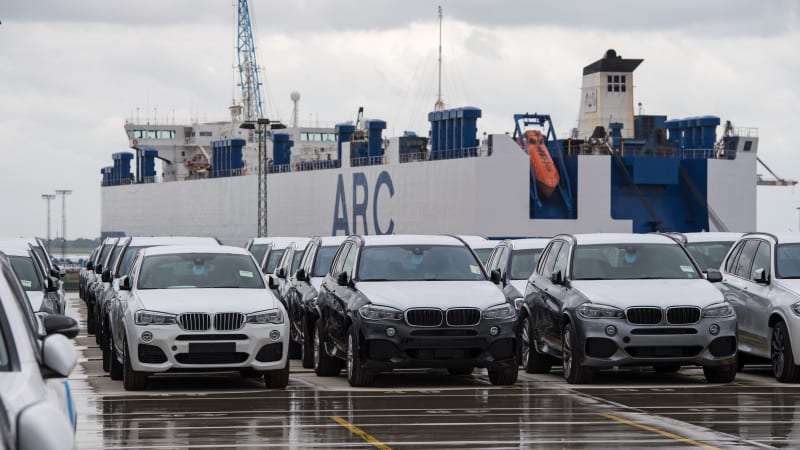Audi Repair Shop Doylestown
Call 267 279 9477 to schedule a appointment

The United States may not need to impose tariffs on imported vehicles later this month after holding “good conversations” with automakers in the European Union, Japan and Korea, U.S. Commerce Secretary Wilbur Ross said in an interview published on Sunday.
The United States must decide by Nov. 14 whether to impose threatened U.S. national security tariffs of as much as 25% on vehicles and parts. The tariffs have already been delayed once by six months, and trade experts say that could happen again.
Ross told Bloomberg in an interview that the Trump administration hoped to avoid imposing the tariffs after discussing capital investment plans with automakers.
“We have had very good conversations with our European friends, with our Japanese friends, with our Korean friends, and those are the major auto producing sectors,” Ross said.
“Our hope is that the negotiations we have been having with individual companies about their capital investment plans will bear enough fruit that it may not be necessary to put the (Section) 232 (tariffs) fully into effect, may not even be necessary to put it partly in effect,” he added.
The United States has already signed trade deals with Japan and South Korea that appeared likely to stave off auto tariffs, but its talks with the EU have been moving forward more slowly.
U.S. President Donald Trump last month said Washington continued to talk with the EU about trade, but aimed to avoid imposing broader tariffs for now.
U.S. Treasury Secretary Steven Mnuchin also lauded increased investment by European carmakers in the United States.
Those remarks have given EU diplomats hope for another reprieve, but they say they remain on guard.
“We’re hopeful that we can avoid the car tariffs for now, but we also know there is a chance the president could change his mind,” said one diplomat, who was not authorized to speak publicly.
Germany’s BMW, the biggest U.S. automotive exporter by value for the past five years, last month said it had warned U.S. officials that intensifying a global trade war could threaten jobs at its plant in Spartanburg, South Carolina, which exports about 70% of its production.
Both BMW and Daimler have invested to expand the production capacity of plants in the United States, where they build mainly larger sport utility vehicles to keep up with rising demand and because it makes good economic sense.
Volkswagen in January pledged to invest $800 million and add 1,000 jobs to build electric vehicles in Chattanooga, Tennessee.
from Autoblog https://ift.tt/33pDEh7
